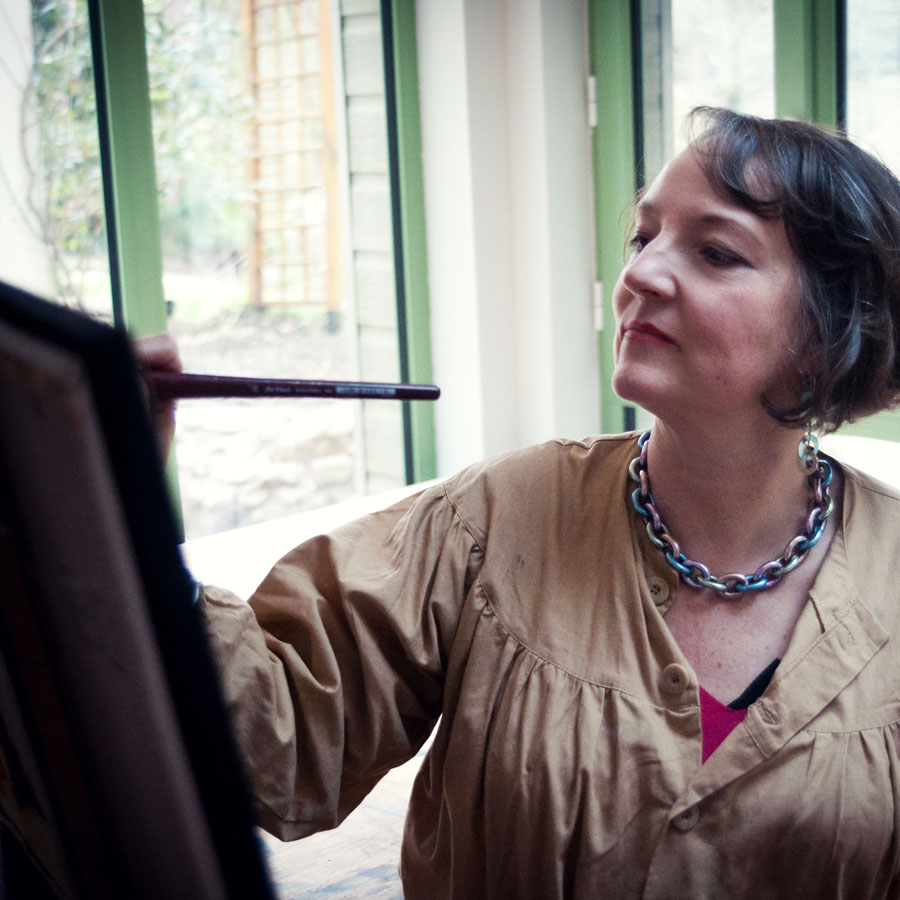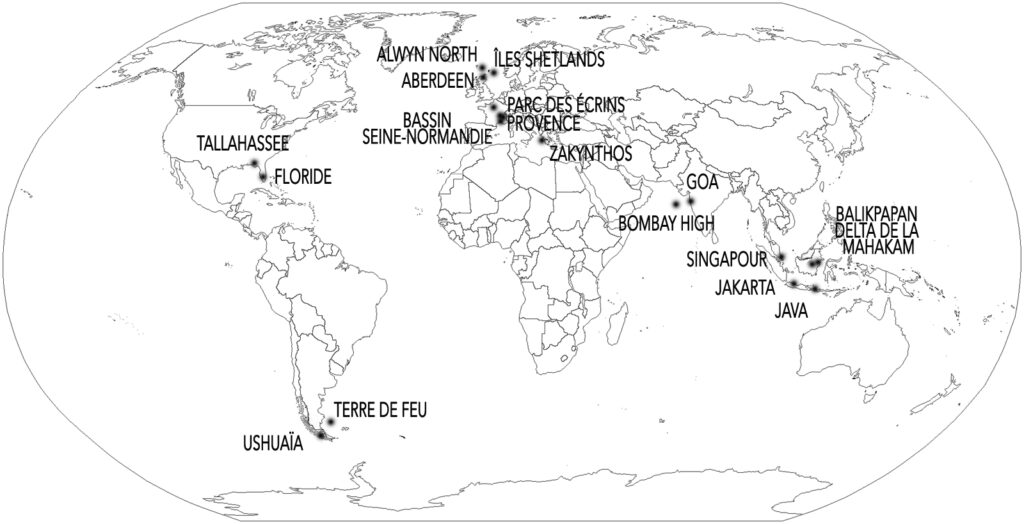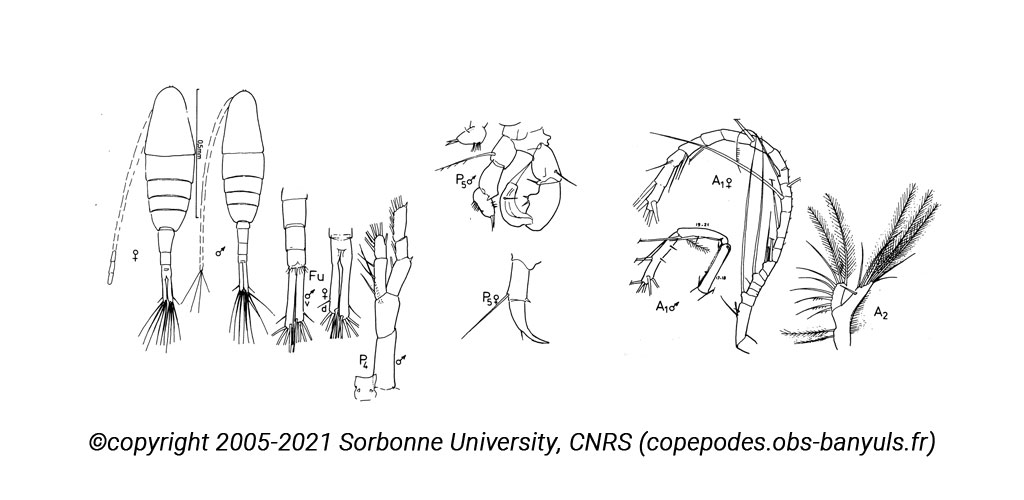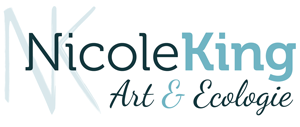
After having criss-crossed the planet as a water and pollution expert for the World Wildlife Fund and the oil industry, Nicole King builds on her field experience to develop a committed body of work that alerts us to the insidious dangerous relationship between fossil fuels and water resources.
Water & Pollution Expert at WWF International
During the 1991 Gulf War, as a spokesperson for WWF International, she was one of the only experts to denounce in the media the oil industry’s failure to comply with international safety regulations: 300 oil wells caught fire and burned for months because automatic safety valves at the bottom of the wells had never been installed.
For the first Earth Summit in Rio in 1992, Nicole King was responsible for water and pollution issues for WWF International in the Preparatory Committees. She worked with the Ramsar Bureau (International Organization for the Protection of Wetlands) to prioritise these issues at the Dublin conference in 1991, where they secured the inclusion of water saving as a key priority in the text for the Earth Summit.
Map of scientific field missions

Details of Nicole King’s scientific missions are specified in the scientific CV.
Environmental engineer at Total
As an environmental engineer at Total for 10 years, Nicole King was responsible for impact studies and baseline surveys of future oil field sites (Tambora in Borneo, Indonesia, Tierra del Fuego, Argentina for Total Austral, Alwyn North in the North Sea, Bombay High, India…). During the numerous off-shore measurement campaigns Nicole King coordinated scientific teams to collect samples: water, fauna and flora.
Examples of her missions:
In Tierra del Fuego, she had to transform a drill pipe transport boat into an oceanographic boat in 24 hours before being able to carry out the “Point Zero” mission at sea with a team of 9 Argentine scientists before Total Austral developed a new offshore oil field. On arrival, Nicole King realised that the large Ekman bucket needed to collect sediments from the sea bed was missing. Total’s ability to influence the course of events was made clear by transporting 300 kilos of equipment from the IFREMER Centre in Brittany to the extreme south of Argentina in Tierra del Fuego, 13,000 km as the crow flies, in a single day.
She also trained the staff of Total’s subsidiaries in environmental procedures and helped define the water treatments for the platforms she worked on. She has had first hand experience of the risk they represent.
Copepod Arcatiella nicolae
On her second mission to Indonesia, she carried out an environmental impact assessment for Total Indonesia’s Tambora oil field in Borneo: located in the Mahakam Delta ; at the time, untouched by man.
She had the opportunity to admire the mangrove system of E. Kalimantan when her team went up the river in a speedboat followed by nasal monkeys, keeping up with the boat as they jumped from branch to branch. She collected samples in her plankton net and discovered a new species of zooplankton micro-crustacean named after her, the copepod: Acartiella nicolae, identified by Professor Bernard Dussart of the CNRS. Copepods are the basic food of many aquatic species, including fish.
Ref : An Acartiella (Calanoide copepod) in Borneo, 1 January 1985, B. Dussart, Crustaceana.




